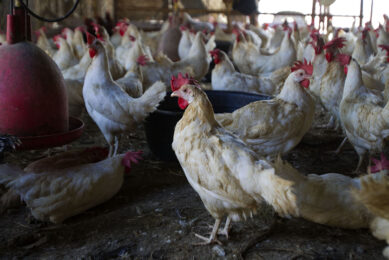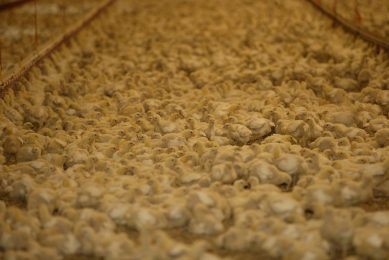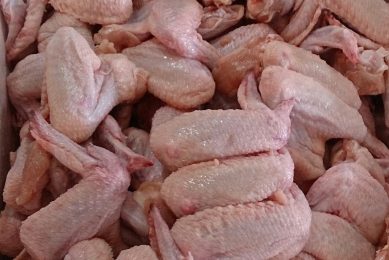Turmoil in Sri Lanka on poultry imports
The threat to import poultry products due to a shortage of chicken and a steep rise in the price of eggs, remains in Sri Lanka.
According to industry officials the main reason for the current situation is a shortage and high price of maize, which make up 50 percent of the poultry feed primarily due to a cartel buying up much of the previous harvest.
Minister Ratnayake of Live Stock Development told that they have taken a decision to allow the import of as much as 40,000 tonnes of maize and permits have already been issued for the import of 20,000 tonnes, but much of this has yet to be shipped into the country.
Bureaucracy
The industry which has already seen about 40 percent of the producers going out of business due to the situation charged that the laborious bureaucracy that they had to go through to obtain a permit takes about six weeks.
There is also the problem of import taxes coming to as much as 70 percent of the landed price of the commodity when it reaches Colombo.
But the minister said that since the increasing of the import duty on imported maize from 25% to 35% the local production of the commodity has gone up from 20 per cent of the country’s requirement to 60 per cent.
Industry sources warned that any hasty decision to import eggs and chicken will destroy what ever left of the local industry made up of about 70,000 farmer families and other commercial producers.
Fear for bird flu
They also warned that Sri Lanka which is the only country in the region so far spared of bird flue would only be inviting the deadly disease with hasty imports.
D.J. Madawala, the owner of Lanka Egg Centre the largest wholesale egg distributor in the country said the price had dropped to Rs12.50 per white egg and Rs13.00 per brown egg from the previous week’s Rs14.50 and Rs15.00.
Further trouble appears to be unavoidable as the next local maize harvest is expected to be somewhat disappointing due to late cultivation. Even the harvest which is normally due in the middle of February is now due only in March.













